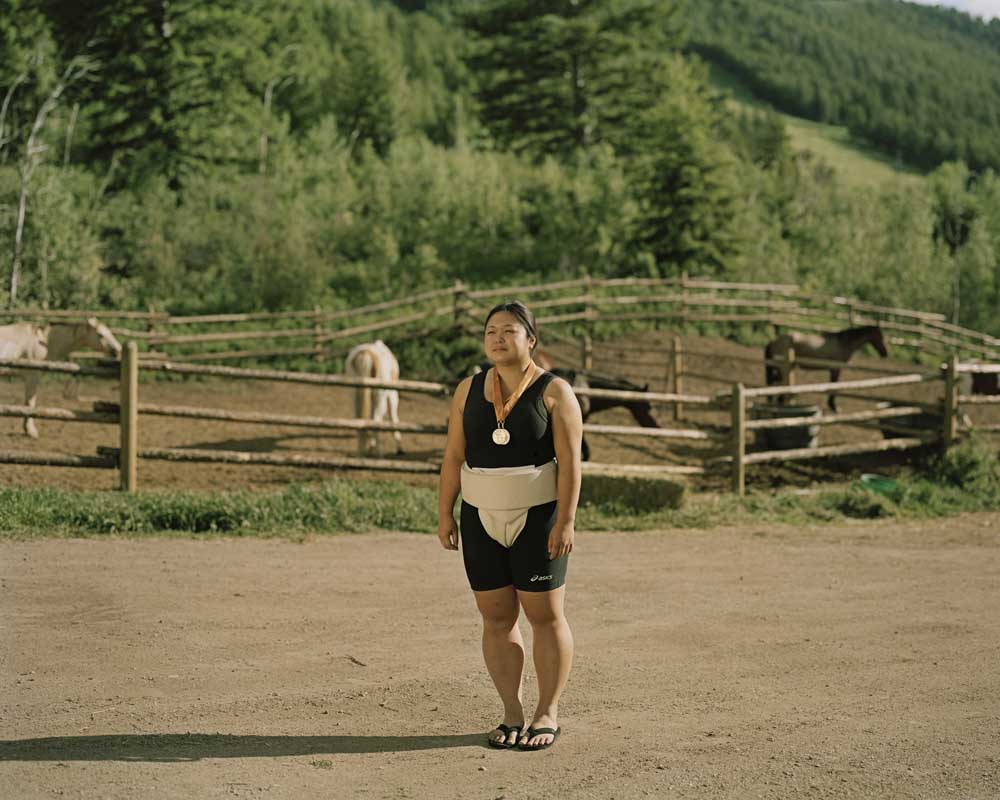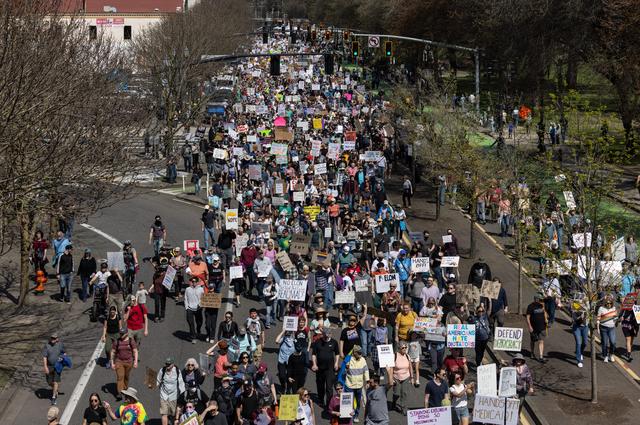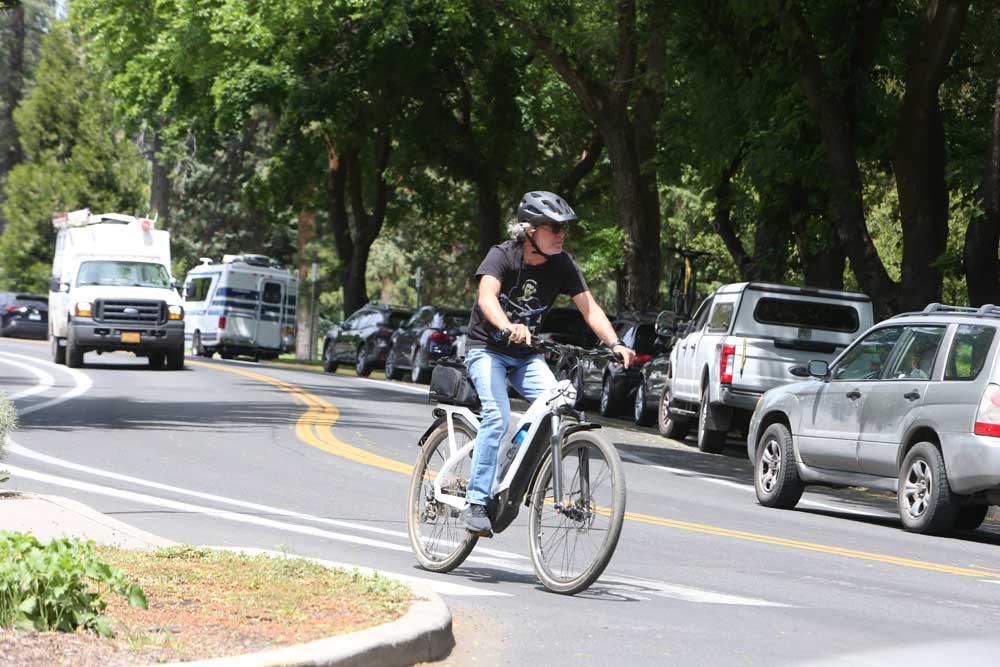Ancient sport, few women
Published 12:00 am Monday, June 30, 2014

- Benjamin Rasmussen / New York Times News ServiceìBeing a woman sumo wrestler can get a bit lonely,î says Tiffany Tran, the top female middleweight in American sumo wrestling, outside the Snow King Hotel in Jackson Hole, Wyo.
JACKSON HOLE, Wyo. — Tiffany Tran stands 5 feet 1 inch tall and weighs 166 pounds. She is a vegetarian studying for a master’s in biology. She is also a sumo wrestler.
She had previously claimed the title as the top female middleweight in U.S. sumo wrestling, but she traveled here on a recent weekend with a singular goal: to defend her perch.
“People think sumo is just fat guys belly-bumping in diapers,” said Tran, who has been competing for four years. “It’s not that at all.”
The recent national sumo tournament, held one day in a conference room at the Snow King Hotel here, saw a parade of competitors of all shapes and backgrounds. There were sweat, slamming, slapping, stretch marks, cellulite and a rainbow of tattoos. There were a schoolteacher from Hawaii, a pet adoption counselor from California, a strongman from Tennessee, a student from Texas and a plus-size fetish model from Idaho.
One thing the tournament did not have: many women.
Sumo wrestling, the ancient full-contact sport of Japan, has been a tough sell to U.S. women. In this country of almost 315 million people, where body-image anxiety could be included as a national sport, there are fewer than a dozen serious female sumo wrestlers.
Tran is among the six women from the United States who qualified at Jackson Hole to wrestle internationally out of 10 who competed. “Being a woman sumo wrestler can get a bit lonely,” Tran said.
Traditional sumo practices have forbidden women to compete, and Japan still does not have female sumo wrestlers in its professional ranks.
But sumo wrestling has grown well beyond Japan in recent years, most notably in Asia and Eastern Europe. The International Sumo Federation has about 80 member nations, according to its website, including Botswana, Uzbekistan, Peru and New Zealand. Women from Russia, Japan, the Netherlands and Mongolia have recently won world amateur titles. But women are hardly represented in the United States.
Nevertheless, aficionados have also been advocating a (highly unlikely) bid for sumo to become recognized as an Olympic sport, hoping that the 2020 Summer Games in Tokyo could provide a showcase for it in the country where it traces its roots.
Women’s combat sports have been on a good run in the United States. Claressa Shields won a gold medal in women’s boxing at the London Olympics in 2012, when it became a medal sport. U.S. women won medals in taekwondo and judo, as well.
In recent years, non-Olympic combat sports like mixed martial arts have flourished, too, in televised extravaganzas and local bouts.
American sumo, though, is still waiting to take off, said Andrew Freund, the president of USA Sumo.
“What’s going on now is a pioneering effort,” he said. “We’re starting from ground zero. It’s a challenge to get proper coaching, to get the word out, to get people familiar with the fundamentals.”
The recent Jackson Hole tournament featured 36 fighters from 13 to 61 years old. All fought for free and paid their way. Some, like 118-pound Brittany Moreau, were thin. Others, like Jay Holder, weighed more than 400 pounds.
Most wore the traditional mawashi — which might look like a diaper to the untrained eye — over wrestling singlets or shorts and a T-shirt. They competed on recycled high school gym wrestling mats joined with red duct tape.
The smell of potato chips and sweat hung in the air. In an incongruous touch that was more Las Vegas than traditional dohyo, the referees wore white suits, gloves and black bow ties.
Jenelle Hamilton, a tactical 131-pound lightweight from Palmdale, Calif., said recruiting female friends had proved challenging. “Everyone wants to see it, but no one wants to do it,” she said.
Trent Sabo, a truck driver from Idaho and middleweight competitor, said sumo wrestling still carried a certain stigma.
“What American woman wants to be known as a sumo wrestler?” Sabo said. He coached several women at the competition but said the sport still had a long way to go.
One by one, the competitors weighed in on a bathroom scale, a practice that has been a barrier to having women join, said Amanda Soule, a U.S. heavyweight from Boise, Idaho.
“People say, ‘I can’t put my driver’s license weight?’” said Soule, who weighed in at 370 pounds. “So I think that’s a big issue right off the top.”
Soule, a plus-size model, said she found sumo wrestling 10 years ago at a match she attended after shooting a fetish video in Tokyo.
“It’s one of the places where a big girl can compete,” she said.
Soule said she “gets more of a double take” when she tells people that she’s a sumo wrestler than when she talks about her sexually charged modeling exploits.






